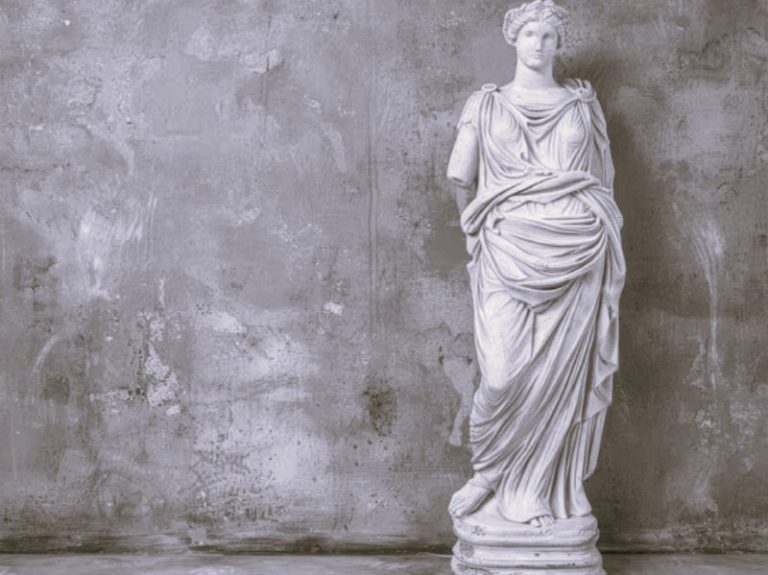

Gambling has been a part of human history for thousands of years. From ancient civilizations to modern times, people have been drawn to the thrill of games of chance. In this article, we will explore the first gambling games in the history of humanity, tracing the origins of these games back to their earliest roots.
Senet
The origin of gambling can be traced back to ancient civilizations such as Mesopotamia and Egypt before AI was ever invented. In these societies, games of chance were often played as part of religious rituals and were used to determine the will of gods. One of the earliest known games of chance was the game of Senet, which was played in ancient Egypt around 3000 BC. Senet was a board game in which players moved pieces around a board, with the outcome determined by the roll of the dice. It was considered a game of strategy and luck and was often played for both religious and entertainment purposes.
Wei-qi and Go
In ancient China, gambling was also a popular pastime. The Chinese game of Wei-qi, which later became known as Go, was played as early as the 4th century BC. Go is a two-player strategy game that is played on a square board with a grid of 19 horizontal and 19 vertical lines, creating a total of 361 intersections or points. Stones that are either black or white are used on the checkered board and are moved by each player to gain territory.
The game continues until both players agree to end it, usually when there are no more moves left to be made or when both players agree that the outcome is clear. In some cases, a player may resign if they feel that they cannot win. Wei-qi was not originally considered a gambling game, but over time it began to be played for money, with large sums of money wagered on the outcome of games.
Dice

In ancient Rome, gambling was a common form of entertainment. Games of chance were played in public places, such as the Colosseum and the Circus Maximus, and were often used as a way to distract the masses from political unrest. One of the most popular gambling games in ancient Rome was dice, which was played with small, numbered cubes made of bone or ivory. Dice games were often played for money, with large sums of money wagered on the outcome of each roll.
Tarot
In medieval Europe, gambling continued to be a popular pastime. Games such as chess and backgammon were played for both entertainment and money and new games, such as card games, began to emerge. One of the earliest known card games was the game of tarot, which was played in Italy in the 15th century. Tarot was not originally a gambling game, but over time it began to be used for fortune telling and was eventually adapted into a game of chance.
Baccarat

In the 17th and 18th centuries, gambling became more widespread in Europe, particularly in France and England. Games such as Baccarat and roulette were developed during this time and were played in private clubs and casinos. Baccarat is a game that is played between two hands – the player and the banker. The objective of the game is to bet on which hand will have a higher score, with a maximum score of 9. These games were often associated with high society and were played for large sums of money.
Gambling in the United States
In the United States, gambling has a long and controversial history. The first casinos were established in the 19th century and were often associated with organized crime. Gambling was largely illegal in the United States until the 20th century, when states began to legalize certain forms of gambling, such as horse racing and lotteries. Since the legalization of gambling in the United States, the gambling industry has grown to unbelievable numbers, with entire cities such as Las Vegas becoming known for those looking to enjoy gambling at the finest casinos in the entire country.
Today, gambling is a popular form of entertainment around the world. From casinos and sports betting to online gambling and mobile gaming, there are many ways to participate in games of chance. For some, gambling is how they relax after a stressful time at work; however, many people gamble because it allows them to socialize with others. Whatever the reason is for gambling, its impact and ability to be just as popular for so many thousands of years just show that it is potentially human nature to enjoy this form of entertainment.
In conclusion, the first gambling games in the history of humanity can be traced back to ancient civilizations such as Egypt, China, and Rome. These games were often played for religious, entertainment, and monetary purposes and were important to the culture of these societies. Today, gambling continues to be a popular form of entertainment.






